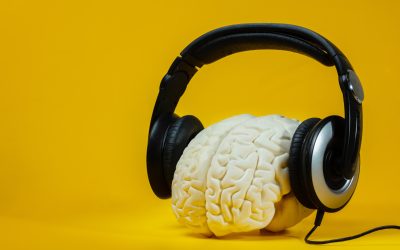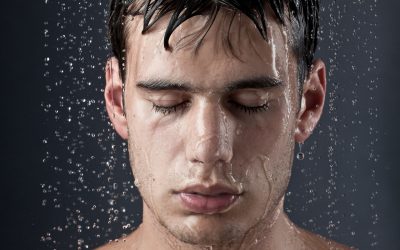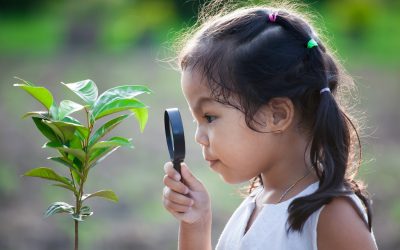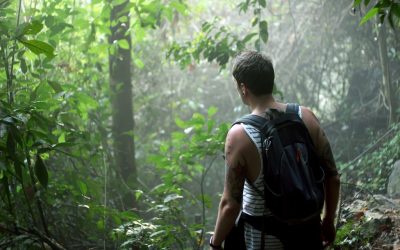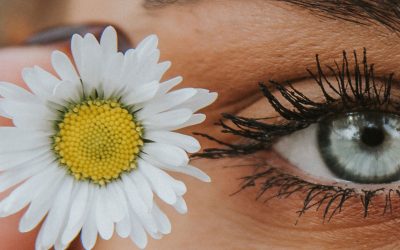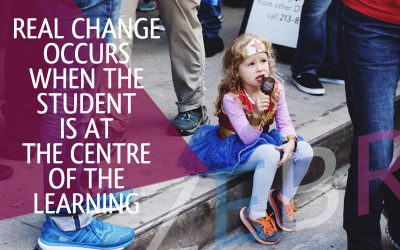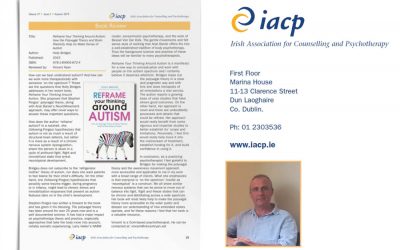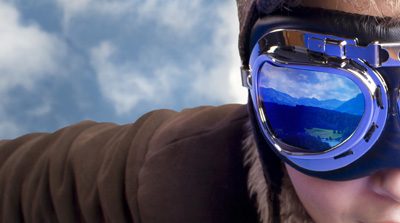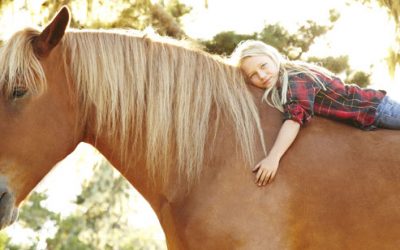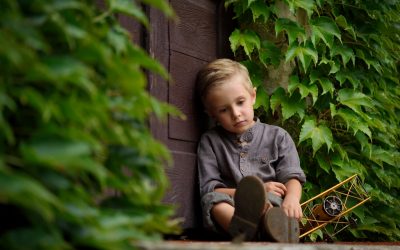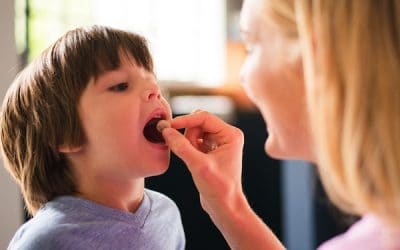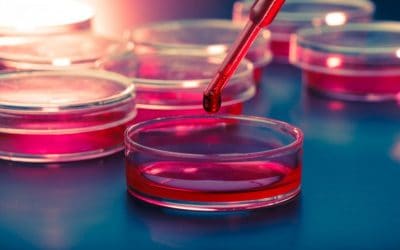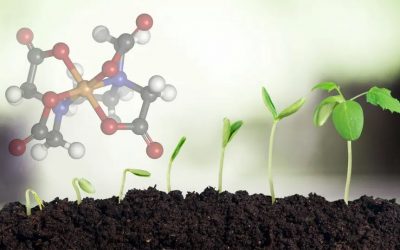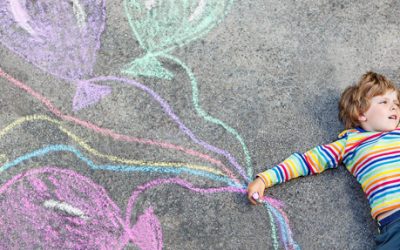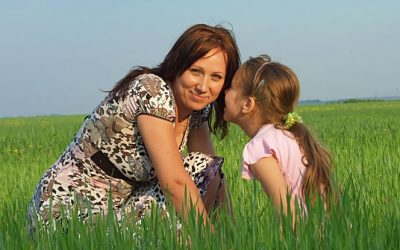Autistic Masking and the Rubber Hand Illusion
A study published in the ‘Autism’ journal, looked at differences between neurotypical and autistic populations in bodily self-consciousness and multisensory processing. The results were surprising.
The Ear Has Its Own Microbiome!
According to a recent paper there are pathways that allow signaling between the ear, gut and brain. These signals can impact our auditory health.
What is the truth about autism?
Unravel the complexities of autism, from evolving perspectives to the synchrony and kaleidoscope of truth within. Discover the extraordinary minds and vibrant connections that redefine our understanding.
AI Chat: Comparison of Holly Bridges’ A.R.T. and Danny Raede’s Defence Mode
Discover the importance of accessing our dorsal states for rest and recharging. Learn about the connection between body and consciousness, and how the vagus nerve allows us to move into different states of being. Rediscover the lost language of the body and remember the states of simplicity, silence, surrender, and sentience.
Can We Be More Like Dogs?
Discover the importance of accessing our dorsal states for rest and recharging. Learn about the connection between body and consciousness, and how the vagus nerve allows us to move into different states of being. Rediscover the lost language of the body and remember the states of simplicity, silence, surrender, and sentience.
Nightmares and Body Inertia
Learn how strengthening the vagus nerve and increasing motor control can alleviate the debilitating nightmares experienced by some autistic individuals due to physical inertia during sleep.
Promoting Sleep and Enhancing Mood – Without Cannabis
Cannabis use is on the rise for modulating anxiety as it signals pathways in the body that influence sleep and mood. Can the fascial system also activate these pathways
An Autistic Revolution
This is from an article by an adult autistic talking about her experiences with CBT (Cognitive Behavioural Therapy). It speaks to the growing discontent of so many autistics with the therapies offered to them.
In Ocean
I am a sea creature forced to live upon land. Although the earth has many marvels, I still long for the water, where I am home. The ocean matches my thoughts – deep, shimmering and shifting, made of colour and light like an abstract painting. Mysterious, magnificent and needing no words but hinting at unexplored fathoms beneath.
Eyes as a Biomarker for Autism
A new potential biomarker for Attention Deficit Hyperactivity Disorder (ADHD) and Autism has been found. Researchers from Flinders University and the University of South Australia studied ERG electroretinogram (ERG) – a diagnostic test that measures the electrical activity of the retina in response to a light stimulus.
I am Octopus
I often liken working with the nervous system to making friends with an octopus. Octopi are really smart, sentient beings that have a mind of their own.
Why do toddlers climb on everything?
Toddlers climb on everything to train and integrate their nervous system with their environment. It is a fun and complex task that takes up all of their time. During this time, they learn all about their orientation schema. They are building spatial awareness, fine and gross motor skills, how the weight of their body mobilises in reference to their environment.
Showering felt very dangerous to me
In a recent interview I did with a long term client, he said to me “I used to be worried about blacking out in the shower. Showering felt very dangerous for me”. Now this was hugely significant. It was a big statement. I had to stop him talking to go back to what he was saying…
A.R.T. Training as Internal Martial Arts
For people who train in the martial arts one of the most important principles is the relationship between stillness and motion. Understanding how stillness is the basis for motion allows you to establish true balance and control within yourself.
Polyvagal Theory & Autism
The Polyvagal Theory is based on the work of Stephen W. Porges PhD. This theory is based on the vagus nerve and the way that it works within the body to help us interact with our world.
Brain Plasticity & Autism
We used to think that the brain was fixed and not capable of change, but it’s not true. The brain is capable of changing – at any age – and when we work with the body as well as the mind, we have an even greater capacity to make positive changes.
People on the autism spectrum, whether they can speak; whether they are hypo or hyper reactive; whether they are five, fifteen or fifty are all intelligent and all have highly sophisticated nervous systems that are capable of learning.
Body Cognition
When we are stuck in an immobilised (hypo) state it can be hard to feel what is going on in your body because our interoceptive capacity has been turned off. When we are in a hyper- alert state, we can feel too much, or nothing. This skill of interoception is something that comes on and offline depending on what state we are in.
It’s not much use teaching people stuck in an immobilised state to cognitively try and work out what’s happening in their body – because they can’t! They can’t because the body and nervous system are not in the right physical state. We literally can’t feel things or ‘know’ things about our internal state when we are in shut-down. If we’ve always been in shut-down, we’ve probably never learnt to do this.
Unpacking Anxiety
Anxiety is the most common mental illness, affecting 300 million people worldwide. Symptoms include worrying, ruminating and obsessing & panic attacks. The smallest doubt can activate a red flag in the brain, overriding all logic. Untreated, it can develop into OCD...
The Potency of the Dorsal State
So much of our focus on the Polyvagal Theory centres around honouring and validating the ventral vagus and teaching people to move up from the dorsal states and into the light of the ventral states. According to the polyvagal theory the ventral vagus – the second...
Co-Design as a Basic Methodology of ‘Reframing’ Autism
I recently revised work that I was commissioned to undertake for the Autism Association of Western Australia (AAWA), when invited to address the NDS State Conference in Melbourne, Victoria. It was a reminder of the core principles of my approach to improving the lives...
Holly Bridges Book Review: Irish Journal of Counselling and Psychotherapy
How can we best understand autism? And how can we work more therapeutically with someone ‘on the spectrum’? These are the questions that Holly Bridges addresses in her recent book, Reframe Your Thinking Around Autism. She proposes that Stephen Porges’ polyvagal...
The Myth of Social Engagement
The Polyvagal Theory focuses on our ability to be socially engaged. In order to use our social capacity, we need to be in the right physical state.
The Boy From Outer Space
A ten year old kid with Aspergers syndrome, has written a moving poem about his daily struggles. This is a line from a poem by 10 year old Benjamin Giroux. There is something very beautiful about this poem, not because of the loneliness he shares, but because of the...
The Physiology of Autism & Key Breakthroughs in Autism and Asperger Therapy
Danny Raede, CEO and co-founder of Asperger Experts, discusses the physiology of autism and how an understanding of the polyvagal theory and brain plasticity may be a key breakthrough in autism and aspergers therapy. About Danny Raede Danny Raede is the CEO and...
Sleep, the Gut and Body Cognition
Training the body to “know” and relate to a parasympathetic state and body cognition seems to promote deep sleep, regulation and healing.In this interesting video, Dr. Stasha Gominakdiscusses "how vitamin D (from the sun) is needed to improve the stability of gut...
Autism Reframe Technique (A.R.T.) in Action
Here is Holly at her practice doing cranial nerve massage – reflexology – with a fifteen year old client. Holly says, Most often kids and adults with autism don’t know what this soft state even feels like, so it is a big lesson even though it is subtle.Outcomes based...
The Positive Effects of Horses and Dogs on Autism
It is becoming common knowledge that dogs and horses help to relax and soothe the autistic child and help promote pro-social behaviors. Like many therapies with autism that work, we implicitly agree that they do have a positive effect, yet we do not know why. A few...
Organicity, Non-Violence, Unity, Whole-ism & Autism
I recently listened to a wonderful talk by Pat Ogden on Sensorimotor Psychotherapy and it aligns so well with my approach - which is of course so different from most. So often, well-meaning people take an approach with autism that has a directive undertone of 'I know...
Autism Therapy Without Force and Control
The image at the top of this post is a mini model I use to help those on the autism spectrum get a picture of what the body can access when it is in different states. For those with anxiety (and more) I find it is very helpful for them to see that this 'happens to...
Oxygen Therapy & Autism
Hyperbaric oxygen therapy is thought to improve certain traits of autism such as communication, social skills and eye contact. It involves breathing in up to 100% oxygen in a pressurized chamber to boost oxygen in the brain and reduce brain inflammation. An increase...
Vitamins & Autism
Vitamins play a vital role in our health and wellbeing. They help us to make skin and teeth and bones and to repair and replenish. We need a regular intake of vitamins to stay healthy and we do this through the food we eat and sometimes with vitamin supplements....
Stem Cells & Autism
A stem cell is a ‘master cell’ in the human body that has the ability to regenerate and to develop itself into many other cells in the human body. A stem cell can take on the form of more than two hundred other cell types in the body and so contributes to the repair...
Dogs & Autism
Therapy dogs for autism can assist with emotional and physical support. Having a solid and reassuring companion is meant to help ease sensory overload and help the autistic child focus and learn to filter out sensory input. From a vagal perspective, the dog can have a...
Biomedical & Autism
The biomedical model aims to address nutritional deficiencies with vitamins and micronutrients. There is much anecdotal evidence to support this approach and more research needs to be done. Until now there has not been a clear understanding of why this kind of...
Student Discovers How to Resolve Sociability in Autism
A high school student recently completed a study on biofeedback techniques and autism with outstanding results. After just 18 sessions his adolescent autistic subject showed significant improvement in self-reported calm and lowered heart rate. The results of the ATEC...
Diet & Autism
There is a developing consensus that supports the link between diet and mood within the wider community and, anecdotally, a large proportion of parents attest to dietary intervention being an effective therapy for their autistic children. For many a casein and gluten...
Chelation & Autism
Chelation is an approach that aims to way to remove toxins from the body such as lead or mercury that are thought to be antecedents to autism. Chemicals are ‘flushed’ from the body with a range of other chemicals and it can be a long and drawn out process. In the US...
Could Social Skills Programs for Autistic Kids Actually Increase Anxiety?
Expensive treatments that are designed to improve eye-contact in kids with autism may be having the opposite effect, a new study reveals. Children with autism who are forced to look intently into the eyes of the therapist are potentially having their anxiety...
Ayurvedic & Autism
Ayurvedic medicine can gently realign the body and provide greater strength and calm in those with autism. From a polyvagal perspective, the body’s vagal system is being better supported – which in turn allows the client to have a better, more stable connection...
Art & Autsim
Art therapy can assist in the integration of the nervous system. It can help to address sensory problems and can allow the autistic child to focus on difficult physical feelings whilst learning to self-soothe and channel feelings into creative pursuit.
Autism as a Genetic Brain Disorder
In the 1940’s Austrian psychiatrist, Leo Kanner, put forward a theory that autism was not a form of schizophrenia but a separate illness noting in particular the superior abilities of the child. Despite this distinction it wasn’t until the 1970’s and the unearthing...
The Poor Mothering Myth
Although the 1940’s work of Leo Kanner’s ‘infantile autism’ depicted autism as distinct from schizophrenia, historically autism was seen for years not only as a form of schizophrenia but also as a result of poor mothering. The clinicians, heavily influenced by...
The End of Autism as a ‘Severe Disorder’
Starting the early 1900’s and lasting well into the 1970’s autism was seen to be a small subset of childhood schizophrenia. Clinicians blamed the onset of autism on cold and emotionless ‘refrigerator mothers’. Later the psychological milieu changed and autism began to...
Interview on ABC Radio with Alice Walker
Holly was featured on the Alice Walker show that was broadcast on Monday 12th December, 2016 from the Great Southern, WA and Statewide. Some highlights: President of the Australian Medical Association Michael Gannon has said that “autism defies description, that we’re...
Recognition of ‘Special Abilities’
In the 1940’s both Leo Kanner and Hans Asperger identified autism as distinct from psychiatric illness and both of them noted ‘special abilities’ of the child. Kanner listed thirteen specific traits relevant to autism – note what is in first place! Special abilities...
Holly and Author Kathy Lette Compare Notes on Neurodiversity
Holly recently attended a meeting at Perth-based Autism West and was delighted to meet Australian-born best selling author Kathy Lette. You may be aware that Kathy’s son Jules has risen above the bullying and rejection he experienced as an autistic child to become a...
Why ABA In Autism Therapy Could Use an Overhaul
Forced eye contact – a principal technique of Applied Behavior Analysis – can be distressing to an autistic child. New studies show that instead of being of benefit, it can actually being doing a great deal of harm. Applied Behavioural Analysis is an approach based on...


